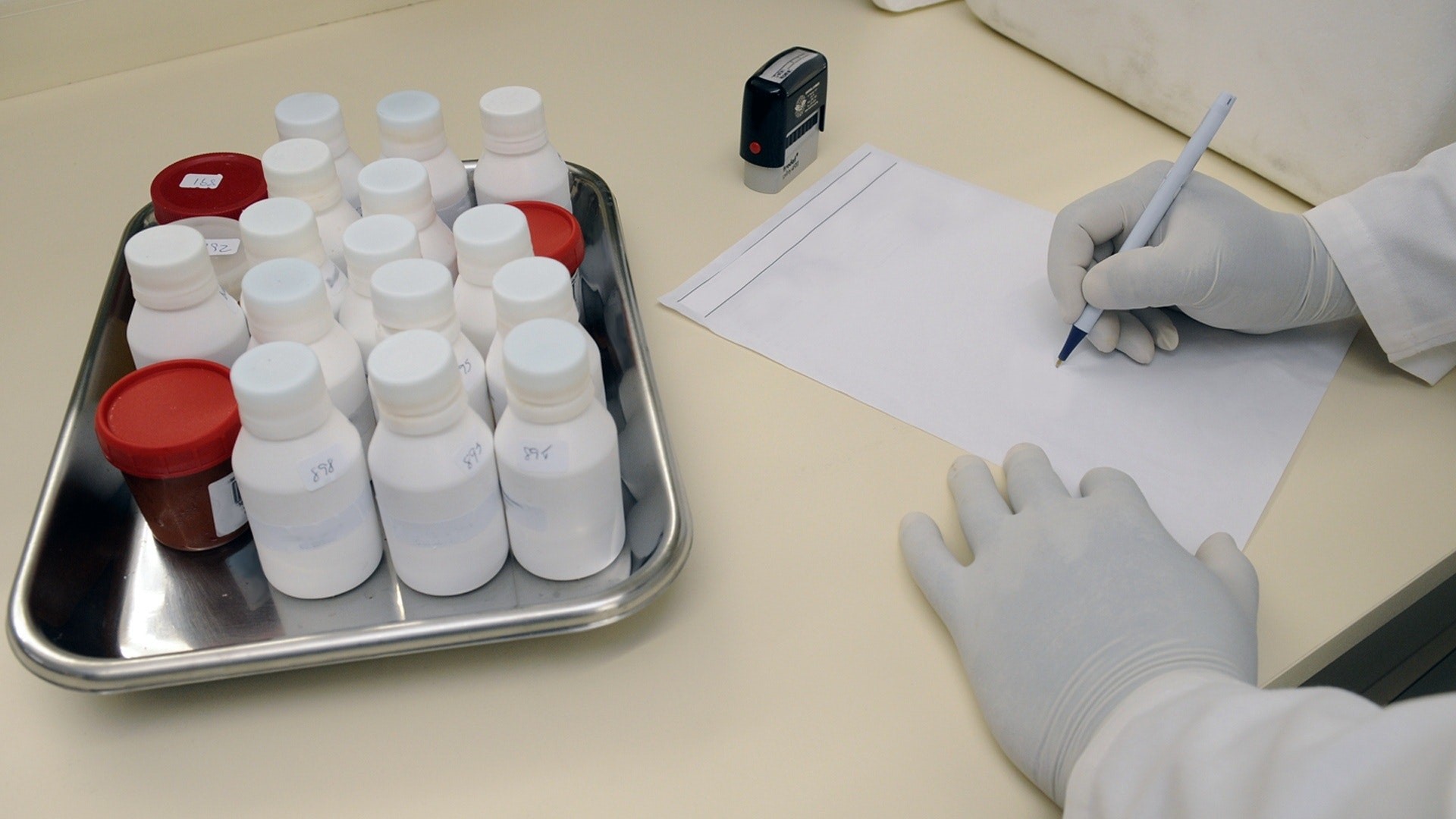Study designs

The World Health Organisation (WHO) has issued recommendations for collecting data during pandemic emergencies. These recommendations are intended to help gather information on the spread of the disease, its impact and the effectiveness of interventions.
WHO, in collaboration with technical partners, has developed several standardised epidemiological survey protocols called UNITY studies. These studies aim to support national public health and social policy interventions, promote international comparability of research, and fill knowledge gaps related to the COVID-19 pandemic. An overview can be found here.
Recommendations for study designs can be found on the following topics:
WHO, in collaboration with technical partners, has developed several standardised epidemiological survey protocols called UNITY studies. These studies aim to support national public health and social policy interventions, promote international comparability of research, and fill knowledge gaps related to the COVID-19 pandemic. An overview can be found here.
Recommendations for study designs can be found on the following topics:
- Population-based age-stratified seroepidemiological investigation protocol for COVID-19 infection
- Measuring COVID-19 vaccines effectiveness
- The First Few X (FFX) cases and contact investigation protocol for COVID-19 infection
- Household transmission investigation protocol for COVID-19 infection
- Assessment of risk factors for COVID-19 in health workers: Protocol for a prospective study of a cohort of HW
- Schools and other educational institutions transmission investigation protocol for coronavirus disease 2019 (COVID-19)
- A prospective cohort study investigating maternal, pregnancy and neonatal outcomes for women and neonates infected with SARS-CoV-2
- Surface sampling of coronavirus SARS-CoV-2: A practical “how to” protocol for health care and public health professionals
 English
English  Deutsch
Deutsch 